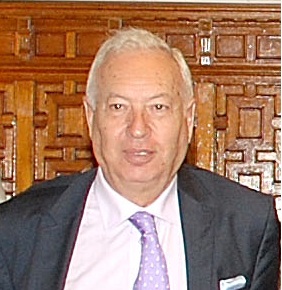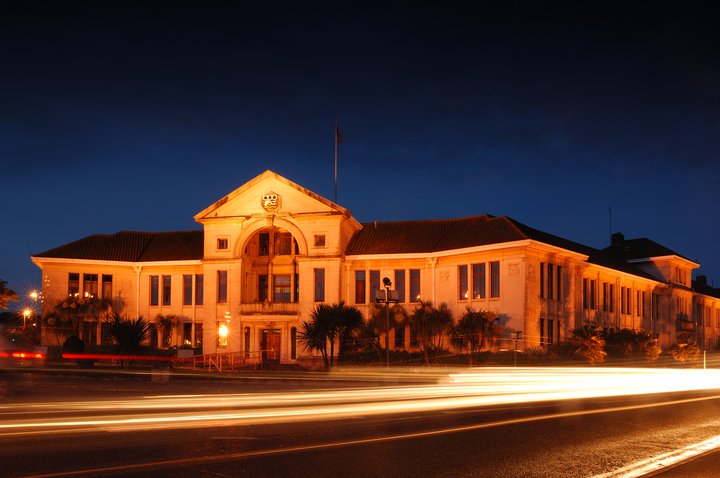Care farms are giving youngsters with special needs “the lifeline that keeps them in education” says Prince Charles.
Andy Ridgewell is a fundraising manager for Future Roots, a farm situated in north Dorset whose main function is care for disadvantaged and disabled youngsters.
He says that the majority of the people who attend the sessions are described as “pre-NEET, most of them wouldn’t find work, wouldn’t go to college, a lot of them would sit around and do nothing.”
“Most of the kids that do our “Future Farmers” programme go on to Kingston Moorwood Agricultural College and continue their education” says Mr Ridgewell.
Offering children with special educational needs (SEN) an alternative practical education is important says Alexandra Longley, a teacher at a local special needs school. “Learning practical skills is beneficial in the sense that they are achieving something,” she says, “it will help them gain a sense of worth and help them develop socially.”
Not everyone agrees that there is such a simple solution. Matthew Dodd, a spokesperson for the Council for Disabled Children, said; “different people learn in different ways and they have many different skills.”
He said that the desires of the individual are paramount and that “whatever is offered to children who would be considered ‘normal’ must be offered to children with SEN, they must not be segregated.”
Prince Charles’ comments were made at the recent Oxford Farming Conference where he said that through his observations he has seen the benefits of practical work where there is interaction with nature. He believes the success of care farms like Future Roots are very encouraging.
Main image: Tom Dale








